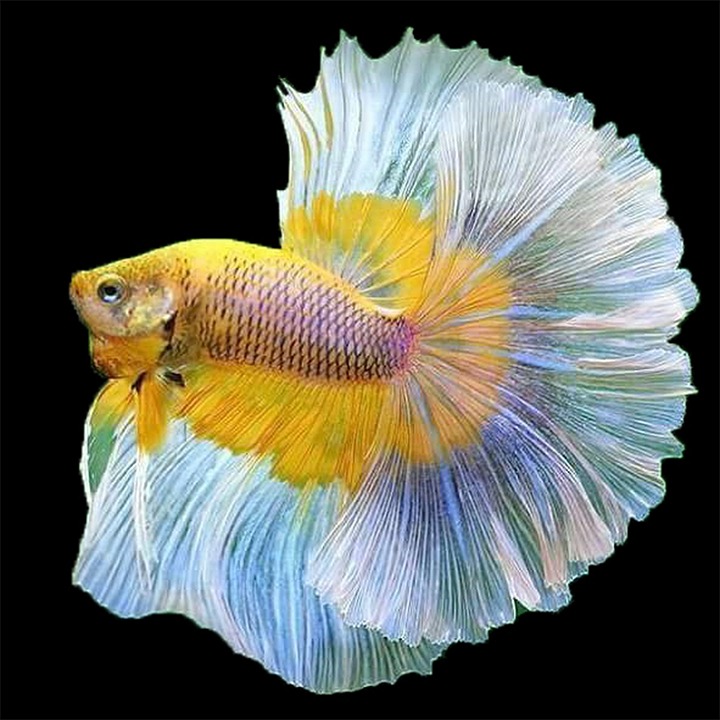Fish tank fish listlessness can be a cause for concern among aquarium enthusiasts. When fish display lethargy or abnormal behavior, it is important to identify the underlying causes to ensure their well-being. In this article, we will explore the common reasons behind fish tank fish listlessness and provide insights for fish care. We will also address some frequently asked questions to assist you in maintaining a healthy aquarium environment.
One of the main causes of fish tank fish listlessness is inadequate water quality and parameters. Poor water filtration and circulation can lead to a build-up of waste and toxins, which can negatively impact fish health. It is important to ensure that your filtration system is functioning properly and that water circulation is adequate. Incorrect temperature can also affect fish behavior, so it is crucial to maintain the appropriate temperature for your fish species. Additionally, inadequate oxygen levels can result in fish listlessness. Proper aeration and circulation can help maintain oxygen levels in the water.
Improper nutrition and feeding habits can also contribute to fish listlessness. Providing an inappropriate fish diet can lead to nutritional deficiencies and health issues. It is important to research the dietary needs of your fish species and provide them with a balanced and appropriate diet. Overfeeding or underfeeding can also affect fish health. Overfeeding can lead to uneaten food accumulating at the bottom of the tank, cloudy water, and decreased appetite in fish. On the other hand, underfeeding can result in malnutrition and lethargy. It is important to feed your fish appropriate portions and remove any uneaten food promptly.
Stress and environmental factors can also cause fish listlessness. Overcrowding the tank can lead to stress and aggression among fish. Providing sufficient hiding spaces and space for each fish can help minimize stress. It is also important to ensure compatibility between tank mates to avoid aggressive behavior. Incompatible water conditions, such as incorrect pH or water hardness, can also stress fish. It is important to maintain consistent and appropriate water conditions and avoid sudden changes.
Disease or illness can also lead to fish listlessness. Parasitic infections, bacterial or fungal infections, and viral diseases can all affect fish health and behavior. If your fish display signs of disease, it is important to take action promptly. Isolate the affected fish to prevent the spread of infection and seek professional advice to identify the specific disease and seek appropriate treatment.
In conclusion, understanding the causes of fish tank fish listlessness is crucial for maintaining a healthy and thriving aquarium ecosystem. By focusing on water quality, proper nutrition, managing stress factors, and promptly addressing any signs of disease, you can provide the best care for your fish. Remember to regularly monitor your aquarium and seek professional advice if needed. Happy fishkeeping!









